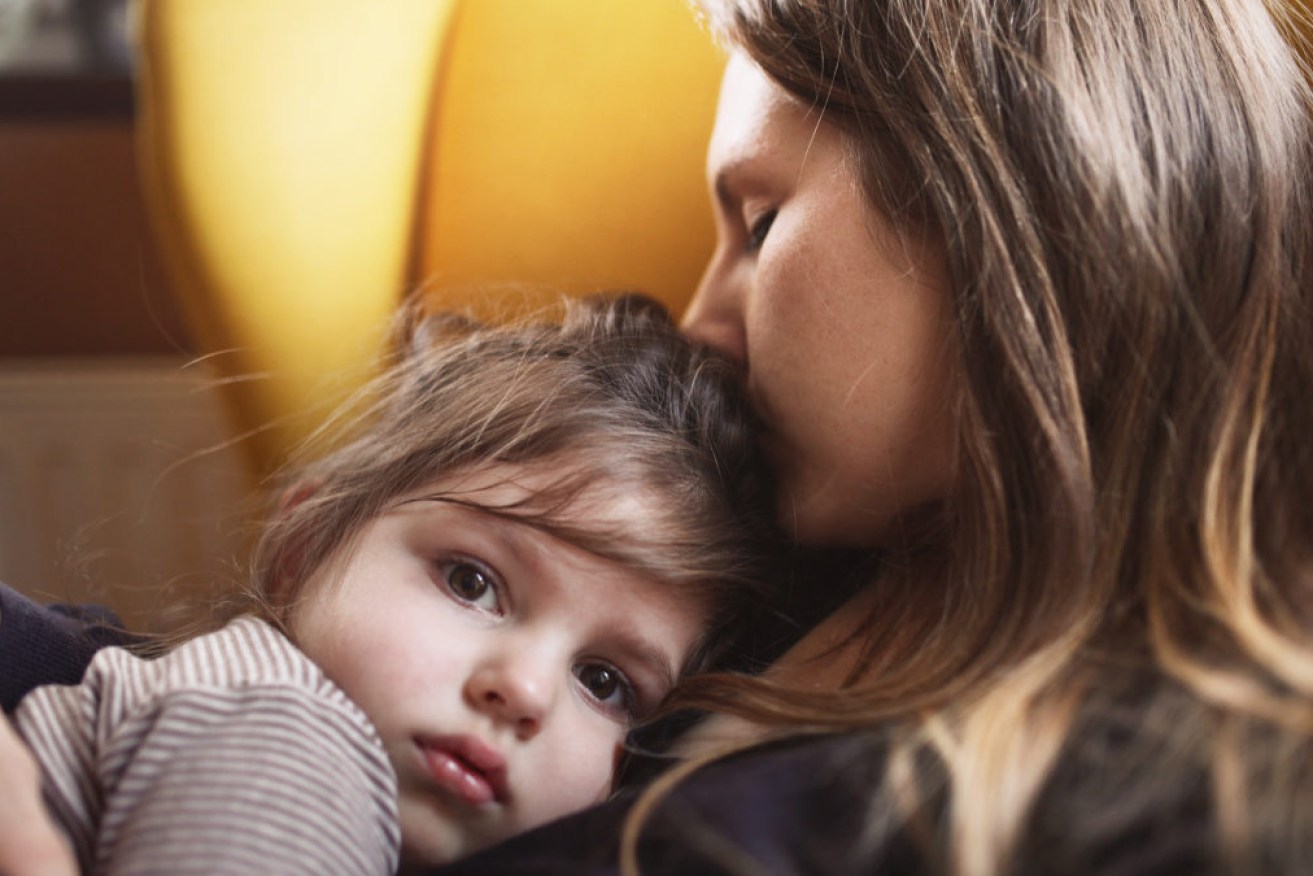Tenancy laws trapping family violence victims in unsafe homes, report finds


Tenancy laws are preventing DV victims from leaving unsafe homes, new research shows. Photo: Getty
Inconsistent tenancy laws across Australia are making it difficult for women and children experiencing domestic violence to leave and find new housing, new research shows.
Women and children are being forced to choose between staying in their unsafe homes or going through the difficult and expensive process of suddenly breaking a lease, the report commissioned by the federal government and prepared by the University of South Australia has found.
Currently, only New South Wales and Western Australia have processes in place that allow family and domestic violence victims and survivors to break a tenancy at short notice without involving the police or court system.
Across other states and territories, though, if a domestic violence survivor flees their home, they can be blacklisted and put on a database of bad tenants, which cuts off their ability to find a new rental.
An estimated 41 per cent of people accessing homelessness services are victims of family domestic violence.
The report’s lead author, University of South Australia law professor Eileen Webb, said most states still require tenants to go through a court or tribunal to break a lease.
“You have to mess around with getting different documents – providing evidence, showing there has been a restraining order – and that is very difficult,” Professor Webb said.
This can spur survivors into homelessness or legal fights over things like rental security deposits, which can pit the victim against the perpetrator in court, Professor Webb said.
“This can deter domestic violence victims from seeking relief because they are reluctant to engage with the judicial system and face the perpetrator in court proceedings,” she said.
“Most states release tenants from outstanding rental payments, repairs and returns of a security deposit, but in some jurisdictions the processes are complex and lengthy.”

41 per cent of people accessing homelessness services are survivors of DV. Photo: Getty
Professor Webb said that more services to help victims navigate rentals should be made available online.
Australia’s domestic violence epidemic
More than 2.2 million Australians have experienced violence at the hands of an intimate partner, according to the Australian Institute of Health and Welfare.
Most victims are female, with an estimated one in six women subjected to domestic abuse in their lifetime.
In 2020 there were 55 women killed in Australia due to domestic violence.
The economic cost is also huge – each year the impact of family violence on health, jobs and housing costs the economy an estimated $26 billion.
Family and domestic violence also results in more than 100,000 women and children seeking homeless services each year.
“Women in violent relationships are more likely to cycle in and out of homelessness, often living in a car or on the streets,” Professor Webb explained.
“It’s a perilous journey finding safety, alternative accommodation, and so many invariably return to the perpetrator.”
WA and NSW have introduced a procedure where a landlord can be served with a lease-termination notice supported by a certificate or declaration by a ‘competent person’ who can verify the tenant is experiencing domestic violence in the house.
Both the Northern Territory and Victoria are also moving towards making it easier for survivors to break their leases.
Professor Webb said other states must follow suit – but she highlighted that ending a lease was just the beginning for many victim-survivors.
“It is almost like a cruel hoax,” she said.
“Yes, then they can get out of the immediate violence, but there’s nothing there for them. Refuges are oversubscribed and it is difficult to get affordable housing.
“We have to look at the next step too – when people can get out, but what do they do then?”
If you or someone you know needs help:
- For family violence support: Call 1800RESPECT on 1800 737 732 | 1800respect.org.au
- For crisis support: Lifeline 13 11 14 | lifeline.org.au
- Kids Helpline: 1800 55 1800 | kidshelpline.com.au
- MensLine Australia: 1300 78 99 78 | mensline.org.au
- Men’s Referral Service: 1300 766 491 | ntv.org.au
- In an emergency call 000








